Tools & Platforms
Stargate’s slow start reveals the real bottlenecks in scaling AI infrastructure
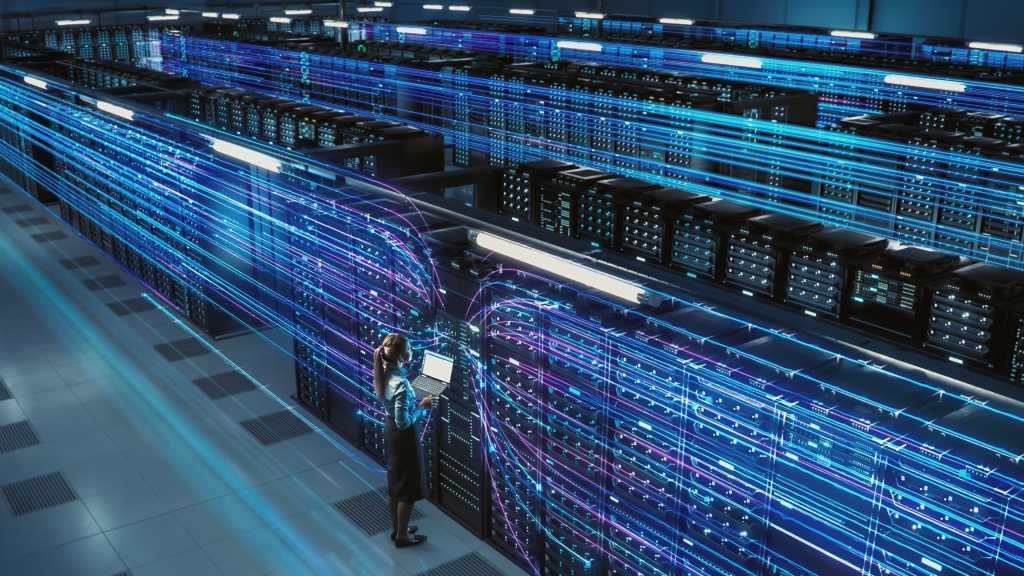
The CFO emphasized that SoftBank remains committed to its original target of $346 billion (JPY 500 billion) over 4 years for the Stargate project, noting that major sites have been selected in the US and preparations are taking place simultaneously across multiple fronts.
Requests for comment to Stargate partners Nvidia, OpenAI, and Oracle remain unanswered.
Infrastructure reality check for CIOs
These challenges offer important lessons for enterprise IT leaders facing similar AI infrastructure decisions. Sanchit Vir Gogia, chief analyst and CEO at Greyhound Research, said that Goto’s confirmation of delays “reflects a challenge CIOs see repeatedly” in partner onboarding delays, service activation slips, and revised delivery commitments from cloud and datacenter providers.
Oishi Mazumder, senior analyst at Everest Group, noted that “SoftBank’s Stargate delays show that AI infrastructure is not constrained by compute or capital, but by land, energy, and stakeholder alignment.”
The analyst emphasized that CIOs must treat AI infrastructure “as a cross-functional transformation, not an IT upgrade, demanding long-term, ecosystem-wide planning.”
“Scaling AI infrastructure depends less on the technical readiness of servers or GPUs and more on the orchestration of distributed stakeholders — utilities, regulators, construction partners, hardware suppliers, and service providers — each with their own cadence and constraints,” Gogia said.
Tools & Platforms
Profusa Deploys NVIDIA AI to Build AI-Driven Insight Portal for Continuous Biomarker Monitoring

What You Should Know:
– Profusa,, a digital health company, has announced the adoption of NVIDIA technology to power a new AI-driven insight portal for continuous biochemistry monitoring.
– The portal will be used in combination with Profusa’s Lumee oxygen optical hydrogel sensors and reader system, extending the company’s AI-enabled tools to remote patient monitoring settings. Profusa anticipates an early 2026 rollout of the portal in the European Economic Area (EEA).
– Profusa believes that real-time biochemistry data across a large population is a data set currently missing for AI-enabled healthcare improvements. By combining its Lumee platform with NVIDIA NeMo hardware and software, Profusa plans to build a scalable, AI-fueled technology backbone to improve personalized sensor data accuracy and connect real-time sensor data with electronic medical records (EMR).
Redefining Healthcare with AI-Fueled Workflows
The new portal is designed to provide physicians with “trustworthy, always-on insights” rather than just more dashboards. It aims to translate raw optical signals from the sensors into reliable biometrics and provide actionable clinical context.
Expected capabilities and features of the physician portal include:
- Agentic clinical workflows: An AI-powered assistant that integrates with EMRs, wearables, and home devices to help with notes, orders, care plans, remote monitoring, and triage.
- Time-aligned health data graph: A longitudinal view that combines Profusa biomarkers with EMR data, claims, wearables, genomics, and social determinants to power predictions and coaching.
- Guardrails by design: The system will use policy-aware orchestration to enforce clinical scope, data privacy, and safe responses.
- Model training options: The platform will allow for parameter-efficient tuning and post-training refinement of Profusa’s AI signal processing and clinical reasoning components.
“We believe that real-time biochemistry data across a large population is a data-set that is currently missing to enable the fulfillment of the promise of AI-enabled improvement in healthcare. Profusa is uniquely positioned to provide this proprietary data set, linking therapeutic decisions with real-time biochemistry changes, to generate valuable insights that are lacking today.” Ben Hwang, Ph.D., Profusa’s Chairman and CEO commented, “By combining our Lumee platform with the industry leading NVIDIA NeMo hardware and software stack, we plan to build an AI-fueled, scalable technology backbone for better personalized sensor data accuracy and real-time sensor data connections with electronic medical records (EMR), facilitating treatment and outcome predictions, in addition to establishing a robust data base for clinical literature for disease management.”
Tools & Platforms
Will AI replace human workers? The CIA, Anthropic, OpenAI and Microsoft weigh in
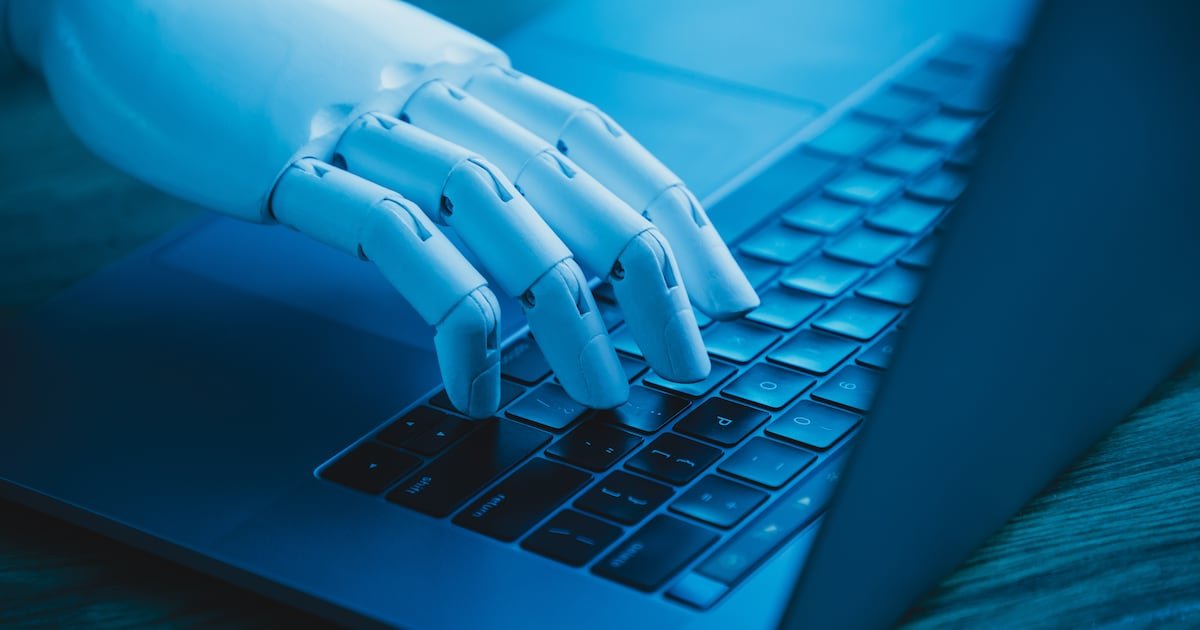
Flanked by high-level employees from OpenAI, Microsoft and Anthropic, the CIA’s chief artificial intelligence officer said that humans must remain “in the loop” as artificial intelligence tools become more powerful and prevalent.
CIA AI officer Lakshmi Raman said the agency is placing a strong emphasis on making sure AI is closely monitored for how it helps workers enhance their skills.
“It’s all about how AI can assist and amplify the human, with the human keeping an eye on everything that’s happening,” Ms Raman said during a panel discussion on Friday at the Billington Cybersecurity Conference in Washington.
Her comments come amid concerns that AI’s ability to automate various processes that might lead to major labour disruptions and widespread unemployment.
Sean Batir, the panel discussions moderator and principal technology lead for Amazon Web Services, echoed those sentiments.
“There’s definitely a fear of having these [AI] models in workplaces, and I think that role you mentioned of having humans always in the loop is one way to address that,” he said.
Jason Clinton, chief information security officer at Anthropic, said humans need to take a supervisory role with the implementations of AI, and that despite the ability of the technology to increase efficiencies, soft skills that only humans can offer will be paramount.
“You know, the one of the things that the models will never be able to do is to bring humanity to the equation,” Mr Clinton added.
Joseph Larson, the vice president of government at OpenAI, whose ChatGPT sent AI interest to unprecedented heights in 2022, said the company’s goal is to develop the technology for the benefit of humanity, adding that OpenAI has hired a chief economist to look into potential economic ramifications.
Despite fears, Mr Larson said AI does not automatically mean a reduction of workers.
“It lends itself to creating more organisational output, like improved organisational output,” he added.
OpenAI, Microsoft and Anthropic, among others pouring billions into AI development have sought to expedite the adoption of their tools, but also provide ways for government workers, students and others to try to reduce the learning curve through various initiatives.
Those efforts, however, are coming up against mounting fears of redundancies, cutbacks and hiring slowdowns stemming in part from AI.
Recent studies have also led some to wonder if fears of AI’s potential impact on the labour sector are overblown.
An MIT Media Lab report recently stated that despite billions being spent over the past few years on AI investments, approximately 95 per cent of organisations have produced zero returns so far.
That report, however, has come under intense scrutiny over the methodology used to reach that conclusion.
Meanwhile, for US technology companies both old and new, and aspiring technology companies all over the world, the investment in AI shows no sign of slowing down.
For many humans, AI tools are slowly but surely becoming a part of their daily routines, even with polling suggesting many fears about what that could mean in the long term.
Tools & Platforms
Hundreds turn out for AI and Cloud Innovation Summit at the Hawaiʻi Convention Center : Maui Now
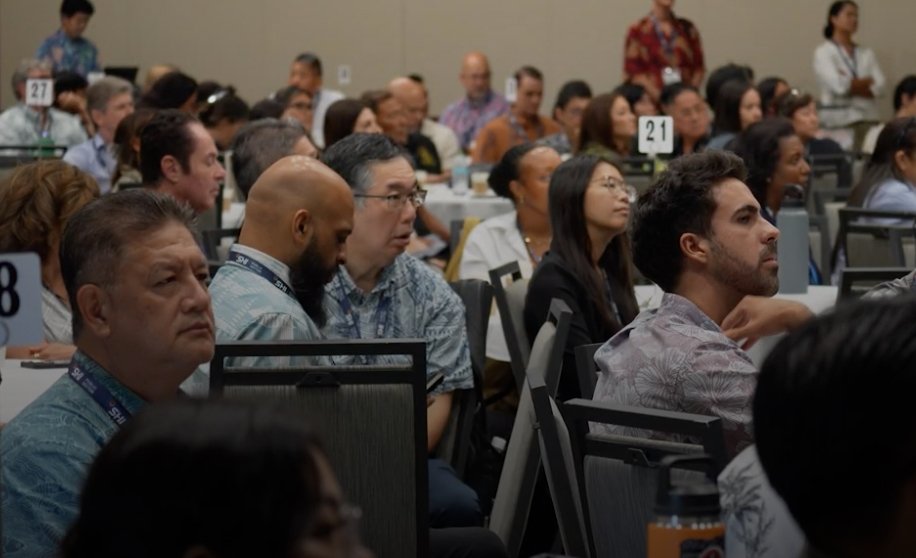
The fourth annual Hawaiʻi AI and Cloud Innovation Summit drew nearly 500 professionals, educators, and technology partners to the Hawaiʻi Convention Center on Wednesday, highlighting the state’s commitment to exploring technological innovation.
The state Department of Business, Economic Development and Tourism presented the event in partnership with Google Public Sector and the TRUE Initiative. Discussions focused on how artificial intelligence and cloud technology are being applied in real-world scenarios.
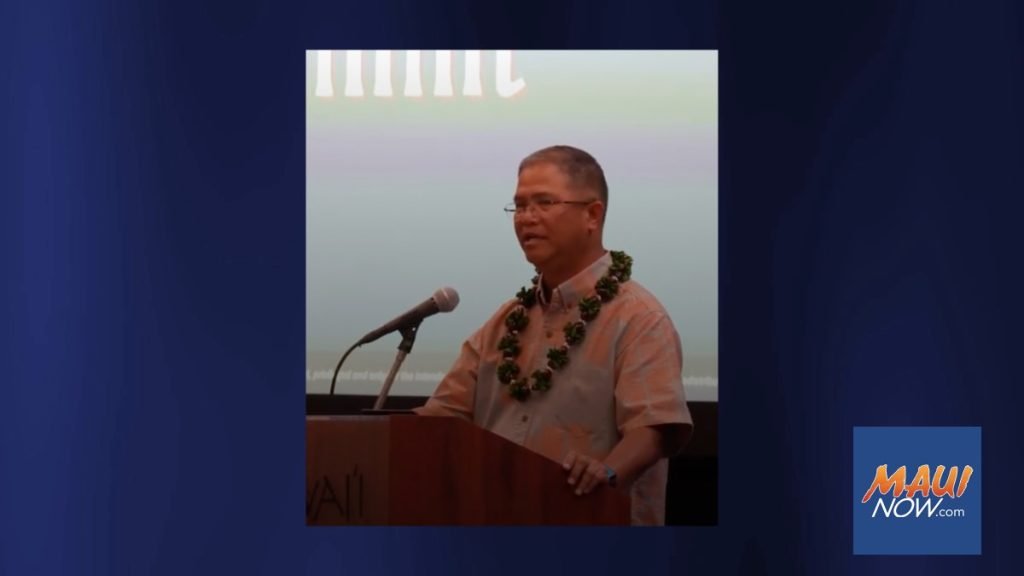
“Today was about having real conversations about what’s working, where the gaps are, and how we can continue learning from one another,” said department Director James Kunane Tokioka. “It was great to see leaders from across government, education, and the private sector coming together to explore how we can use technology to better serve our communities and strengthen Hawaiʻi’s future.”
Christine Sakuda, the state’s chief information officer, said the summit aimed to showcase Hawaiʻi’s innovative AI and Cloud technology projects, and to “bring in expertise from the continent, on what else is going on in the world that we could leverage in Hawaiʻi, because we’re doing some great work in Hawaiʻi that’s a model for the rest of the world.”
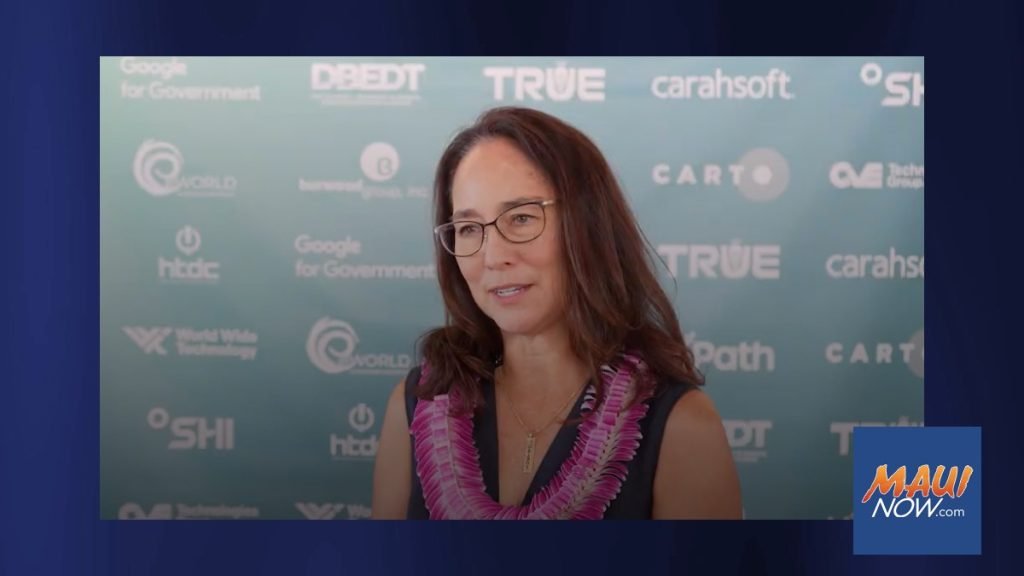
Artificial intelligence “is really there as a tool and an enabler,” she said. “It doesn’t replace people by any means. It’s really there to help people do their jobs better and more effectively.”
Sakuda said she hoped summit attendees came away feeling inspired and having a better understanding of artificial intelligence and Cloud technology. Then, they can take what they’ve learned and apply it to their work or personal lives, she said.
“Because AI can be intimidating,” Sakuda said. “There’s so many state workers here that are learning and being inspired about all the technology.”
Summit attendee Kevin Olival, associate dean for research at the College of Tropical Agriculture and Human Resilience at the University of Hawaiʻi, said he was excited to learn more about AI and how it could be used in his work at the university.
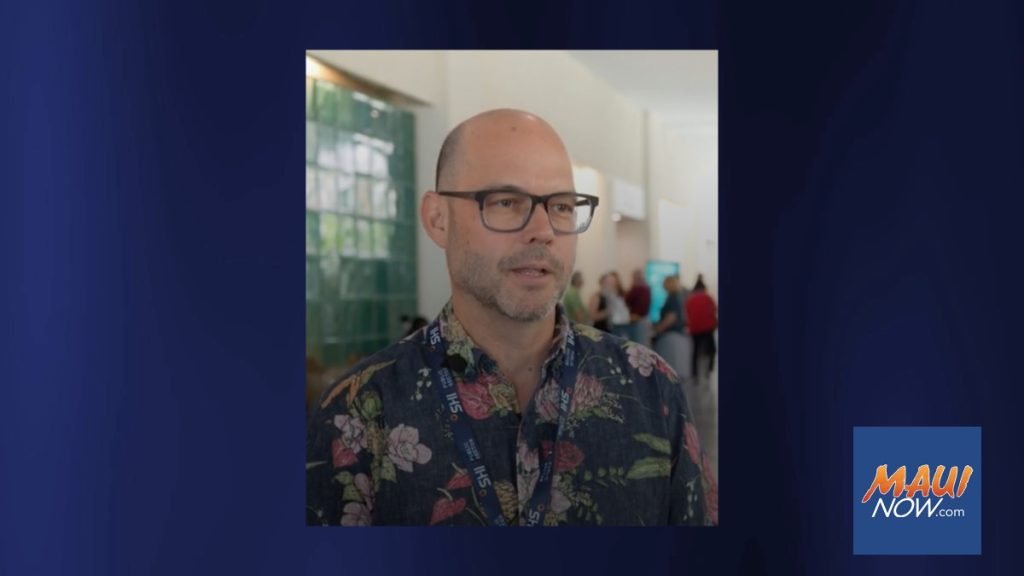
Workflow can be streamlined and research made more efficient, Olival said, adding that he appreciated the opportunity to network and meet people to learn what they’re doing with technology statewide.
“I think we need to embrace it,” he said of AI. “If we’re afraid of it, then we won’t make advances.”
At the same time, “I think that we need to put in the right safeguards,” he said. “That’s a critical component, but I think that unless we really embrace it and play with it; we’re not going to advance things and learn.”
The summit featured keynote speakers, panel discussions and breakout sessions that showed how AI is being used to improve government services, support small business growth, enhance cybersecurity and expand career opportunities for local residents.
-

 Business2 weeks ago
Business2 weeks agoThe Guardian view on Trump and the Fed: independence is no substitute for accountability | Editorial
-
Tools & Platforms1 month ago
Building Trust in Military AI Starts with Opening the Black Box – War on the Rocks
-

 Ethics & Policy2 months ago
Ethics & Policy2 months agoSDAIA Supports Saudi Arabia’s Leadership in Shaping Global AI Ethics, Policy, and Research – وكالة الأنباء السعودية
-

 Events & Conferences4 months ago
Events & Conferences4 months agoJourney to 1000 models: Scaling Instagram’s recommendation system
-

 Jobs & Careers2 months ago
Jobs & Careers2 months agoMumbai-based Perplexity Alternative Has 60k+ Users Without Funding
-

 Podcasts & Talks2 months ago
Podcasts & Talks2 months agoHappy 4th of July! 🎆 Made with Veo 3 in Gemini
-

 Education2 months ago
Education2 months agoVEX Robotics launches AI-powered classroom robotics system
-

 Education2 months ago
Education2 months agoMacron says UK and France have duty to tackle illegal migration ‘with humanity, solidarity and firmness’ – UK politics live | Politics
-

 Funding & Business2 months ago
Funding & Business2 months agoKayak and Expedia race to build AI travel agents that turn social posts into itineraries
-

 Podcasts & Talks2 months ago
Podcasts & Talks2 months agoOpenAI 🤝 @teamganassi

